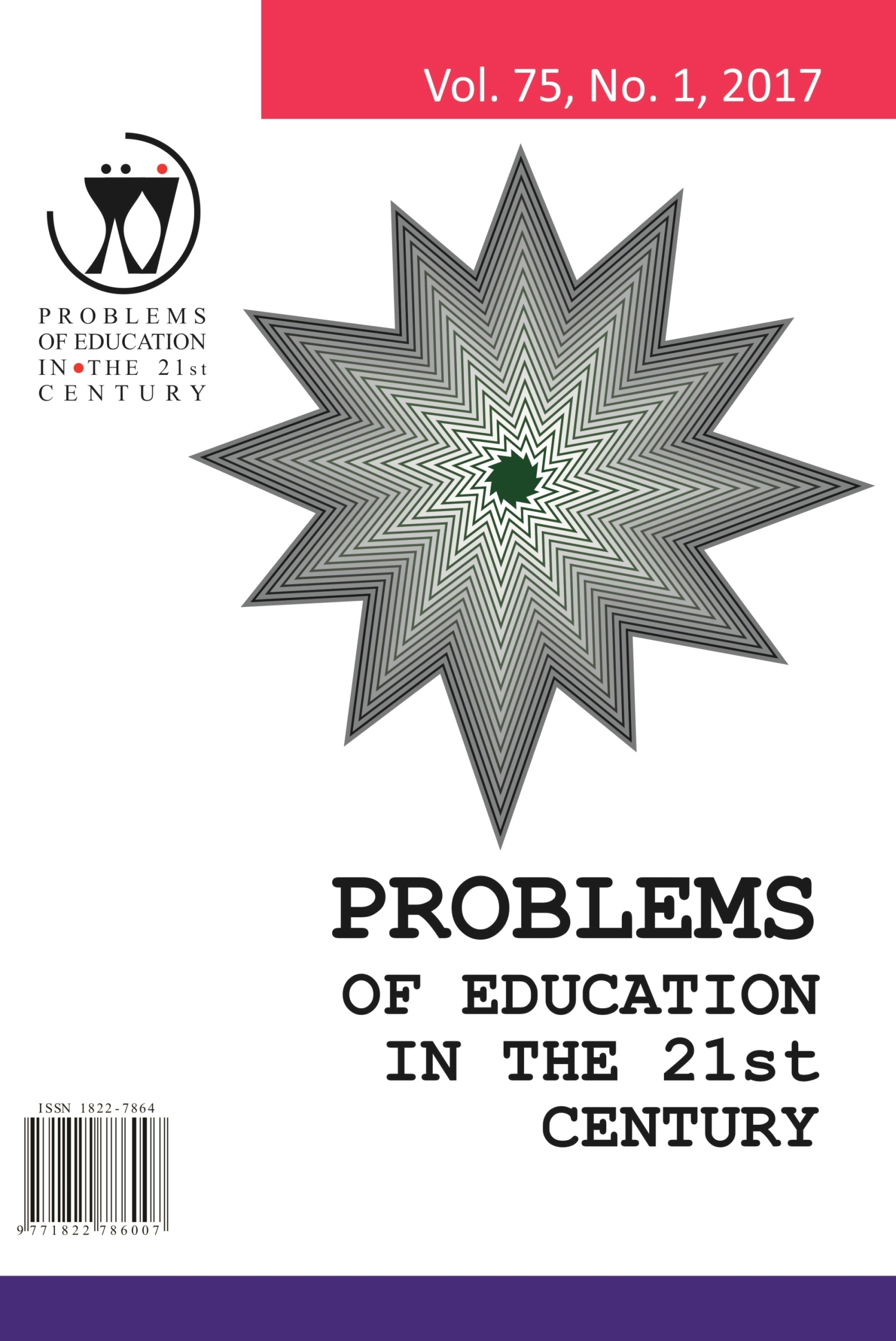THE OPPORTUNITIES AND OBSTACLES OF SCHOOL PATHS OF FINNISH YOUNG PEOPLE WITH INTELLECTUAL DISABILITY (ID)
THE OPPORTUNITIES AND OBSTACLES OF SCHOOL PATHS OF FINNISH YOUNG PEOPLE WITH INTELLECTUAL DISABILITY (ID)
Author(s): Anneli Hermanoff, Kaarina Määttä, Satu UusiauttiSubject(s): Education, Inclusive Education / Inclusion
Published by: Scientia Socialis, UAB
Keywords: intellectual disability; narrative research; vocational special education; personal study plan; study path;
Summary/Abstract: The experiences and perceptions that people with intellectual disability (ID) who have participated in vocational education have about their study paths is a less studied theme in Finland and also internationally. The purpose of this research was to find out whether their transitions from basic education to vocational education have been successful in their opinion and how their parents perceived the study paths. The purpose of this research was to analyze the study paths of young adults with ID and their school experiences as described by themselves and their parents. The focus was on memories of basic education, transition to vocational education, and studies at the vocational special education school. The research participants comprised 14 young adults with ID (aged 17-23, 10 boys and 4 girls) and their parents (N= 14). They all had personal study plans in basic education, and except for one, they all had completed basic education according to their study plans. The research leaned on the narrative research approach. The youngsters and their parents were interviewed personally in 2012 and 2014. The study paths of young people with ID could be grouped into three narratives: the fluent, complex, and interrupted study paths. Study success in young people with ID is a sum of many factors. The study illustrates four core factors directing the study processes: the student, school community, curriculum, and teacher. In addition, support from home is extremely important to the fluency of study paths. The purpose of education should be to prepare train, rehabilitate, and guide students with ID into good life that includes work, health, and relationships. Based on this study, educational options for people with ID are limited and should be developed so that secondary education would educate future experts to work markets and promote learning and societal participation in the young who need special support.
Journal: Problems of Education in the 21st Century
- Issue Year: 75/2017
- Issue No: 1
- Page Range: 19-33
- Page Count: 15
- Language: English

